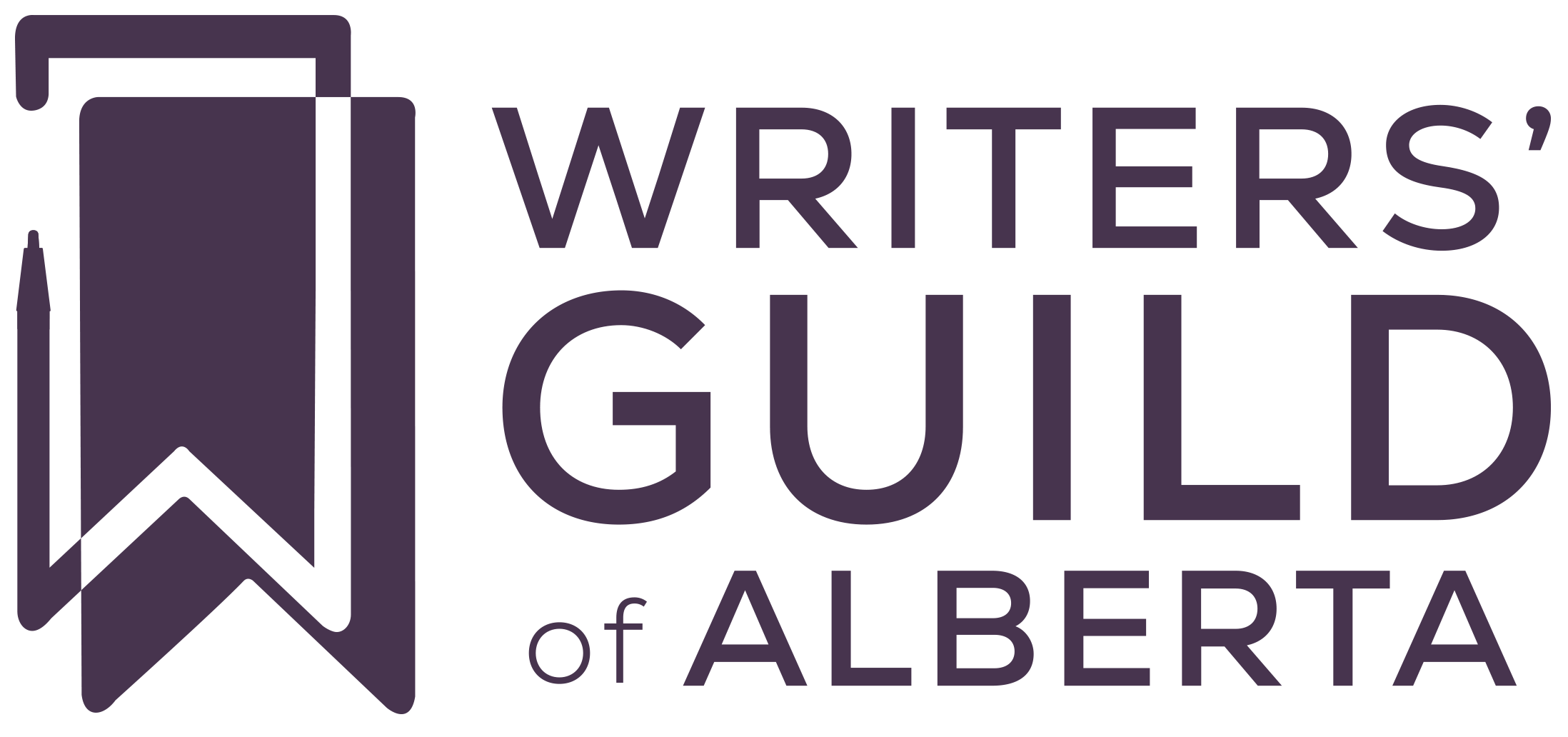An Interview with the lovely Betty Jane Hegerat
Struggling to get your ideas onto paper? Unsure of where to draw inspiration from?
Betty Jane Hegerat: writer, creative-writing teacher, and social worker veteran, offers her guidance.
- What is your advice for aspiring writers?
I always begin my introductory creative writing courses with a quote attributed to the old Greek, Epictutus, as well as a few others: If you wish to be a writer, WRITE.
I teach the Freefall method of writing. For me stories are almost always triggered by a flash of memory, an overheard conversation, a glimpse of landscape, a scent … you know what I’m talking about. Start at the trigger point, put pen to paper or fingers on keyboard and just let the words go where they want to go. Don’t look back while you’re writing, resist the temptation to edit, just write. Editing comes later, but it can be very difficult to turn off the inner critic. When you run out of steam, walk away. And when you come back again — and you will if the story is compelling — pick up where you began without re-reading what’s already there. (However,) I often find that when I run out of juice, start re-reading and allowing myself to do a bit of editing along the way, that the story spins on its axis. The narrator I thought was the main character is actually secondary, the middle sags because there is no tension in the telling, and the ending is not really the ending, nor is the beginning the best place to start. Most important of all, you have to feel the story in order to get your reader to feel it.
- Do you draw inspiration for your writing from your previous job as a social worker? If so, what particular elements from that experience inspire your work?
Do I ever draw inspiration from my years as a social worker. But I took an oath of confidentiality, and I feel strongly that I don’t have the right to tell other people’s stories, nor to use a real person as a character. Fiction is fiction. My first book, Running Toward Home, is the story of a child in foster care, a runaway, and is told in four voices: the boy’s; the foster mother’s; the biological mother’s; and the boy’s great grandfather. All of these people are composites of people of people I’ve known, and the immediate problem which is the boy’s compulsion to run is one I know well from social work experience. The story is set at the Calgary Zoo and springs from an experience I had there with my young son and one of his friends.
Emily Dickinson’s poem begins: “tell all the truth but tell it slant.” Charlie Parker’s wisdom applies to writers and visual artists as well as it does to musicians” “If you don’t live it, it won’t come out your horn.” Tell you own stories, or make the stories you tell your own. Because I spent the better part of my 25 years in social work in Child Protection Services and Adoption, I have many stories that are informed by that experience. Many others are drawn from my life or the lives of people around me.
- What is your favourite part of teaching creative writing classes?
I love teaching introductory classes and mentoring new writers because they are bubbling over with enthusiasm and ideas and are willing to accept criticism of their work — mostly– so long as it’s couched in the positive. I also love working with writers who have been slaving away at a novel or story and wanting someone to tell them if it’s finished, if it works, where if anywhere it sags.
Betty Jane’s advice for aspiring writers is truly inspiring. Her use of the Epictutus quote, “If you wish to be a writer, WRITE.” is simple, yet deeply profound. She’s right when she says that too often it is difficult to turn off our own “inner critic”; for any aspiring writers struggling to put pen to paper due to their own paralyzing perfectionism, Betty Jane’s advice is exactly what they need to break out of the rut. This interview has tremendously inspired me to begin writing stories again. Thank you, Betty Jane.
